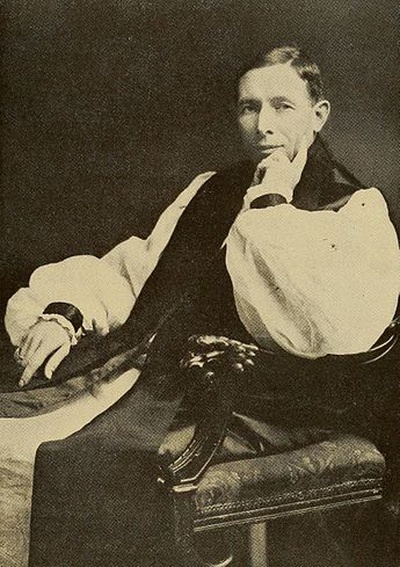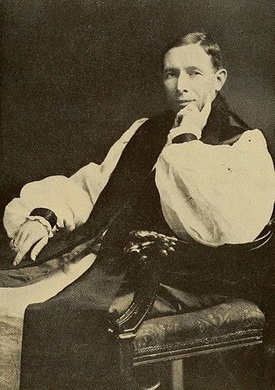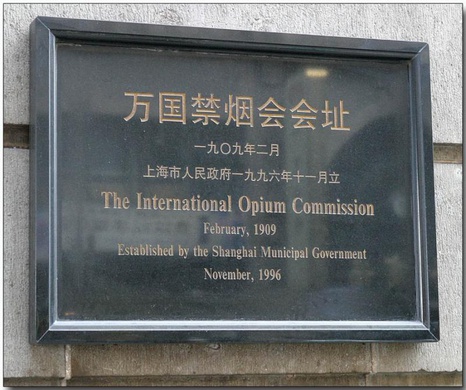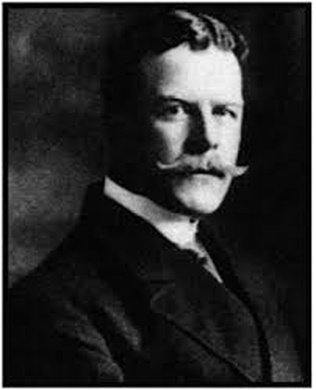
The early 20th century saw, in the US, a growing belief among the politically engaged middle class that government can use legislation and enforcement to change the habits of large groups of people and achieve moral reform. The US acquired the Philippines in 1898 as a result of the Spanish-American War, and in 1902 Bishop Charles H. Brent was appointed to study the opium problem there. Together with Dr. Hamilton Wright, the father of American narcotic laws, he pushed President Roosevelt to make the US a world power, take a leading role in matters in the Far East, facilitate an international meeting to help China deal with opium trafficking and pass anti-opium legislation. During this period various state, city and federal laws are passed prohibiting the smoking of opium.
Wright emphasizes the critical danger of opium use in the US, often using exaggerated language and racial slurs, and promotes treatment as a counter-measure to opiate addiction. Brent and Wright succeeded in bringing about the International Opium Commission in Shanghai (1909) and getting the US to prohibit the importation of opium for smoking or non-medical use. This period culminates in the International Opium Convention at The Hague (1912) and the passing of the Harrison Act in the USA (1914).
Source: Austin, G.A. (1978). Perspectives on the History of Psychoactive Substance Use. NIDA.
| Drugs: | Opium (morphine, heroin, opioids) |
|---|---|
| Regions: | Philippines, USA (United States of America) |
| Topics: | Prohibition, Taxation and regulation |


